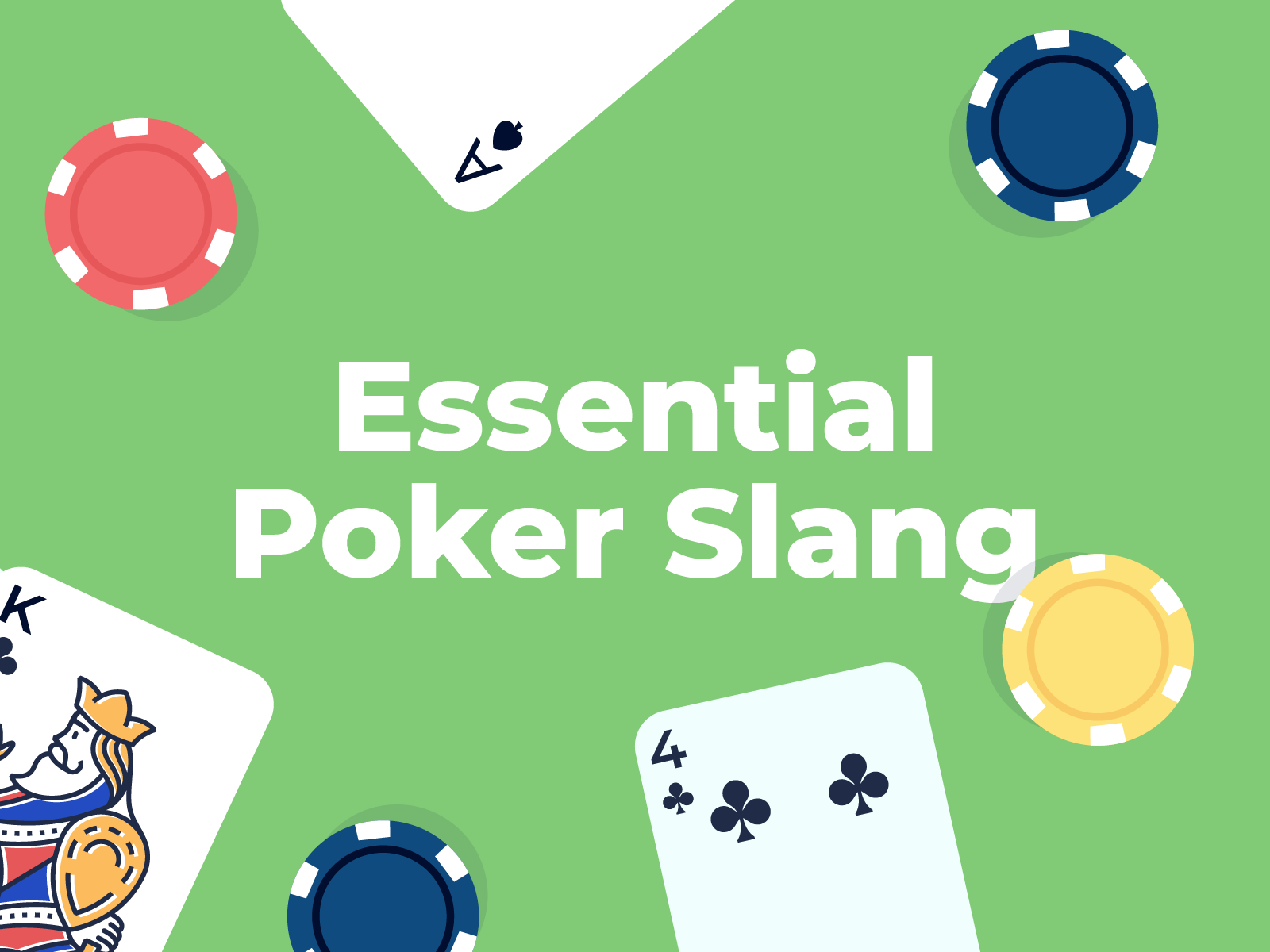
Poker is a game that requires a lot of skill and strategy. It’s also a fun and challenging game that can be very rewarding when played correctly. Many people play poker for fun, but there are also some who play it professionally and earn a living from the game. Regardless of why you play, there are some important life skills that poker can teach you.
One of the most important things that poker teaches is how to manage your emotions. There will be times when you will feel anger and stress during a hand, but it’s important to keep those emotions under control. Otherwise, they can lead to bad decisions and you could end up losing money. Poker helps you learn how to control your emotions and make better decisions in stressful situations.
Another thing that poker teaches is how to think logically. It’s important to know the odds of your hand and the chances of other players having a particular hand. This will help you decide how much to bet and whether or not to raise or call.
In addition, poker teaches you how to read your opponent. This is important because it will allow you to understand what type of hands they have and how likely they are to improve. You can do this by observing how quickly they bet or check and what sizing they are using. You can also learn a lot about your opponent by watching how they play other games.
Poker can also teach you to stay patient. This is an important trait that can be useful in any situation in life. In poker, you have to be patient while waiting for your turn to act. This can be difficult, but it will help you be a more successful person in your life.
While playing poker doesn’t necessarily give you a set of skills that will directly translate to your career, it can help you become a better decision-maker and improve your mental arithmetic. It can also help you develop certain character traits that will be beneficial in your career, such as being more disciplined.
There are some people who think that playing poker is just a waste of time, but they are missing the bigger picture. It can actually teach you a number of valuable life lessons that will apply to your career and personal life. In addition, it can help you develop a range of cognitive skills that will benefit your life in the long run. For example, studies show that poker can reduce your risk of dementia and Alzheimer’s. It can also help you with your financial decisions and business dealings.